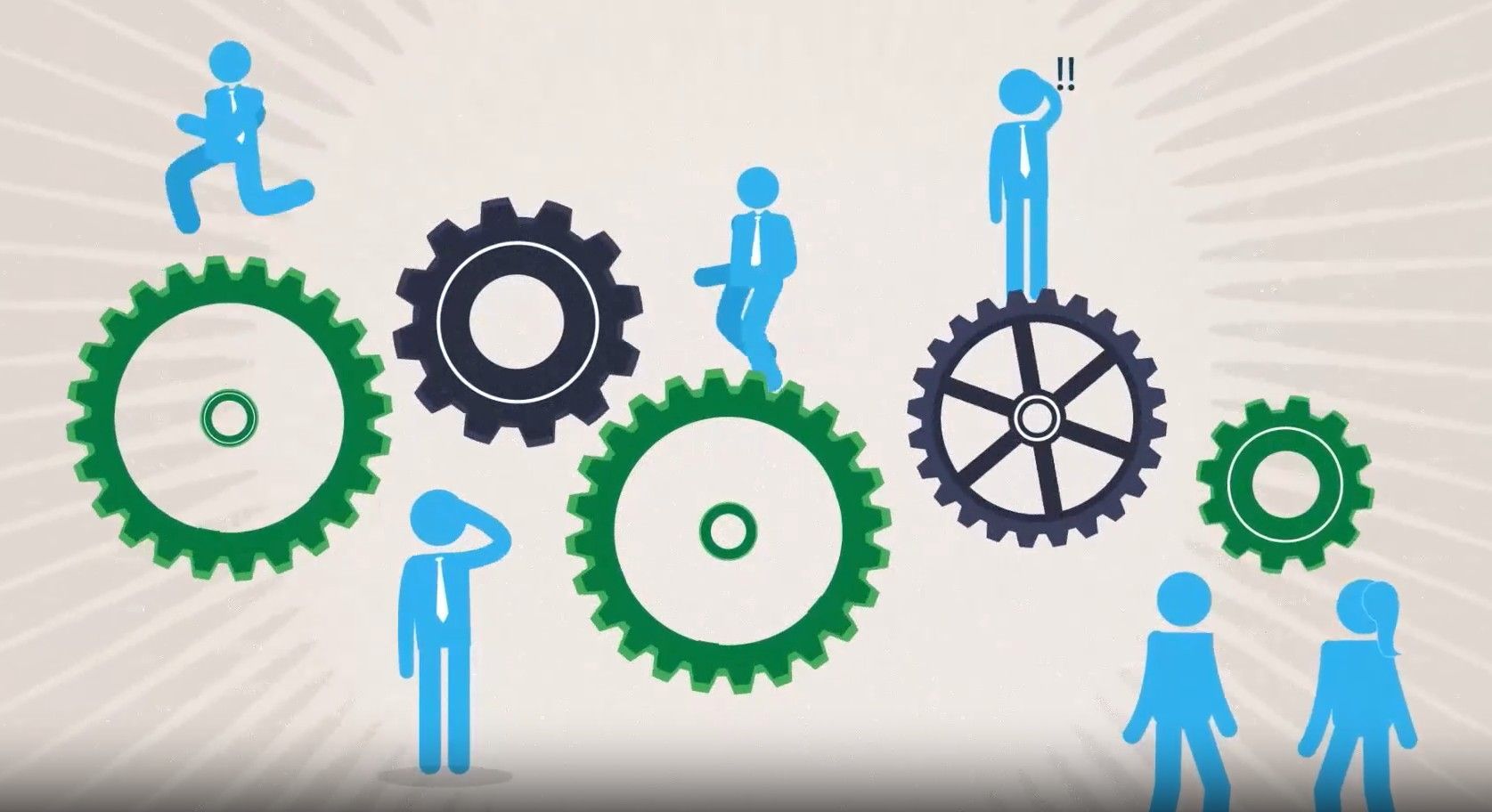Oh, No. Not another Sports Analogy
August 14, 2025
Oh, yes, here it comes. But this one is different: It’s about golf !
We are often hired to train a company’s new business developersin consultative selling skills and to develop customized sales processes to get them up to speed as quickly as possible. And we love doing it.
But sometimes companies ask us to wait to train their current sales team until they can add one or two more people. Unless the time to hire will be short, we generally encourage them to do the training now. The reason is that not only will their sales numbers improve faster but their salespeople will benefit from learning, building, and implementing their training and sales process together, leveraging each other’s unique ways of learning. Plus, when new business developers are hired, they will benefit from the salespeople who already understand the process, know how to put it to work day after day, and can model it.
But before training comes identifying salespeople and sales managers who “fit” their jobs and the companies they work for. And good candidates are hard to find. How can you avoid the “hire and hope” approach that too often leads to failure? While our professional practice isn’t in helping companies find the best salespeople or sales managers, we know others whose practices do perform well in that arena.
One of these outside specialists, Dave Greulich, shared a paradigm he’s been using recently to address the salesperson shortage. He calls it “Golfer and Caddie.” The concept involves six steps:
- Identify your top producers—the golfers. They are the 20 percent who bring in 70 to 80 percent of new business. Their skills are superior.
- Discover the traits they share that have taken them to the top—their professional DNA.
- List the administrative tasks they perform in addition to prospecting and closing new business
- Assign a staff member to take on those duties—the caddie— or hire a new one. (Depending on your organization, one caddie might carry the load for several golfers or you might need one caddie for each top producer.)
- If hiring, find someone whose sales DNA is a close match to that of your top producers
- Train the caddie over time to be a golfer—a top producer.
And just how do you identify, let alone find, the right sales DNA? Well, it is a specialized arena that goes beyond typical assessments of measuring performance to determining successful behaviors and the how and why behind them. The gold-standard process builds upon itself to define the criteria more precisely time after time.
“Identifying and describing the right sales DNA is an evolutionary process,” explains Greulich. “It’s not only identifying the top producers by their scores. It’s also understanding how they have developed their physical (and mental) capabilities over time and, even more important, whether they can continue to evolve by building on what they’ve already learned. How do you know whether a candidate has the mental discipline not only to ‘take the shot’ but also to take the right shot? How do you identify salespeople who can step up to ask for the order and do it in a way that consistently gets the sale?”
Advantages to this new paradigm are twofold:
- You’ll free your top salespeople from the administrative work that slows them down and that they don’t like, anyway. They can do what they do best—prospect and sell.
- You’ll learn whether the caddie actually has the ability and (very important) the desire to sell.
The caddies will learn quite a bit by doing account management and customer service. If it appears over time that they have the potential—and the desire—then investing in consultative sales training will increase their odds of success significantly. Over nearly thirty years we have helped many individuals with little or no business development experience become top producers.
And what about the critical job of sales manager?
Traditionally, sales managers have first proven themselves as strong salespeople and are then promoted into management. But is this really the best way to provide your company with the best sales managers ? Do the best salespeople really have the skills—and temperament—to be great managers? Unfortunately, it’s possible, even probable, that they don’t. And this inherently uneven approach applies to supervisors in nearly any arena, so much so that it even has a catchy name, the Peter Principle: the promoting of employees to their level of incompetence.
But there is a way to successfully reward your best salespeople with a promotion to sales manager if they want it: effective training in how to become a sales manager.
Key Point: Before encouraging such an important change be sure to see whether your potential managers also see it as a reward. Successful salespeople often want to stay in the field because it can be more lucrative and they already know that they don’t want to “sit behind a desk all day.” Take the hint.
So, what can training do?
“A great salesperson can become a great sales manager by applying learned behavioral-psychological principles to develop the necessary practical skills,” explains Diana Patel of Continuing Education Productions (cepnetwork.com). “Embrace a lifelong learning mindset, because sales managers who believe they can learn to manage a successful team often prove themselves right.”
Founded in 1993, the firm provides training and professional development to companies and organizations. Says Patel: “We emphasize practical, easily understood and applied skills that are effective day to day and over time.”
And we at Productive Strategies can also contribute to helping your sales managers increase the topline by training their sales teams with our popular consultative sales training course FOCIS®. For nearly thirty years, salespeople and other business developers have used FOCIS® to build the skills and processes the very best salespeople use—the 20 percent who consistently bring in 80 percent of all new business. Even professionals benefit: lawyers, engineers, architects, accountants, and others whose primary role is highly skill based but who are also expected to find and attract new clients.
To learn more, or for an introduction to either Diana Patel or Dave Greulich, just get in touch with us at 847-446-0008 Ext. 1 or pkrone@productivestrategies.com.
The post Oh, No. Not another Sports Analogy appeared first on Productive Strategies, Inc..










